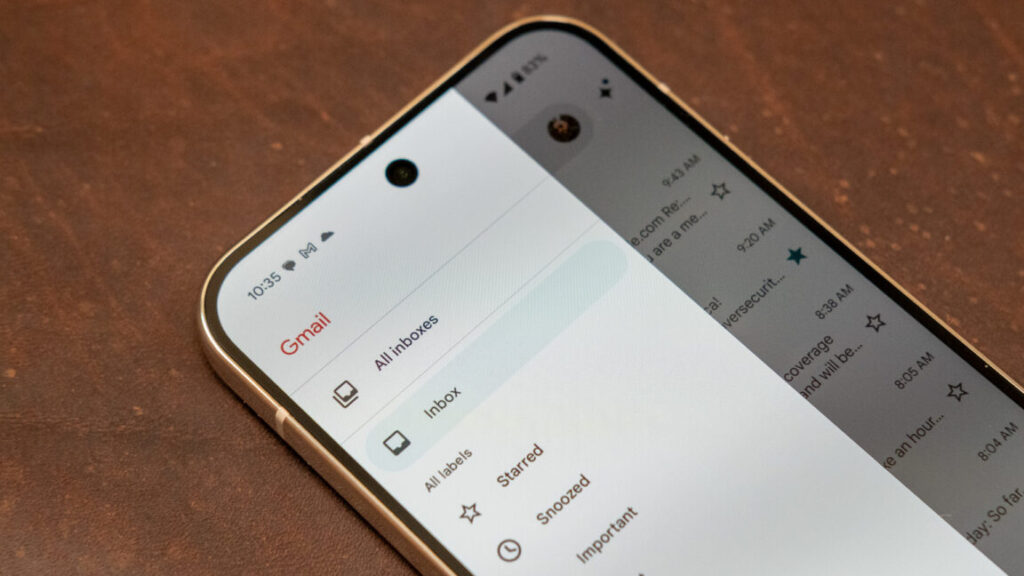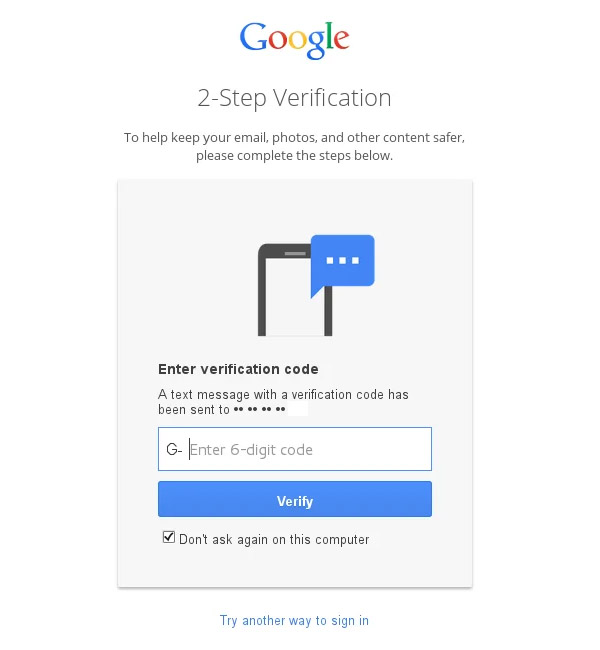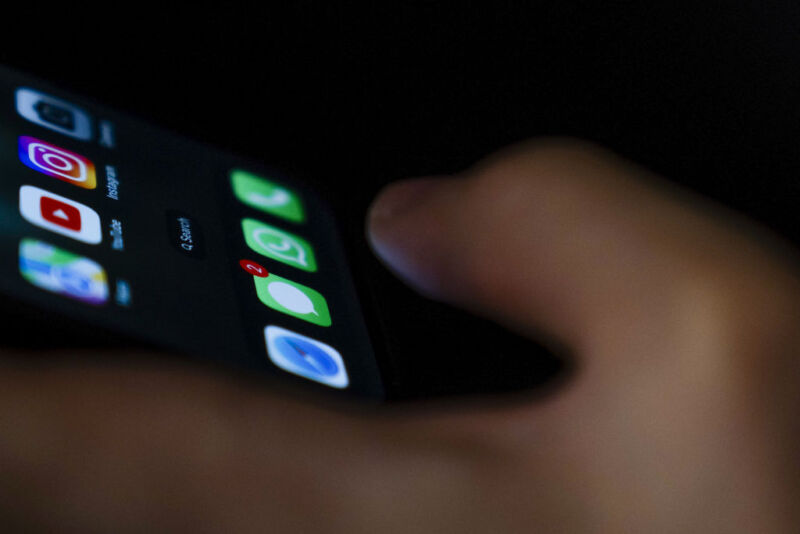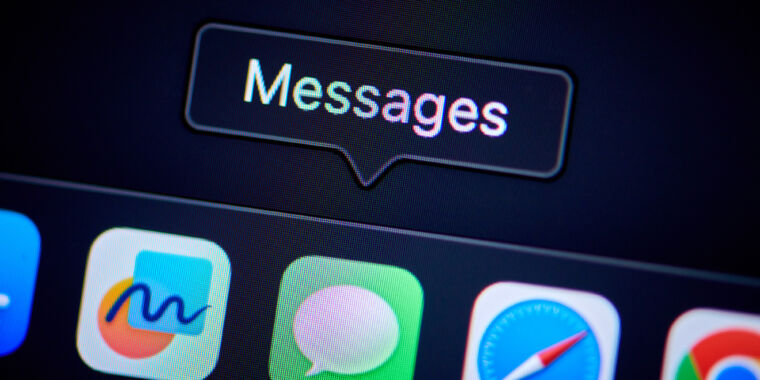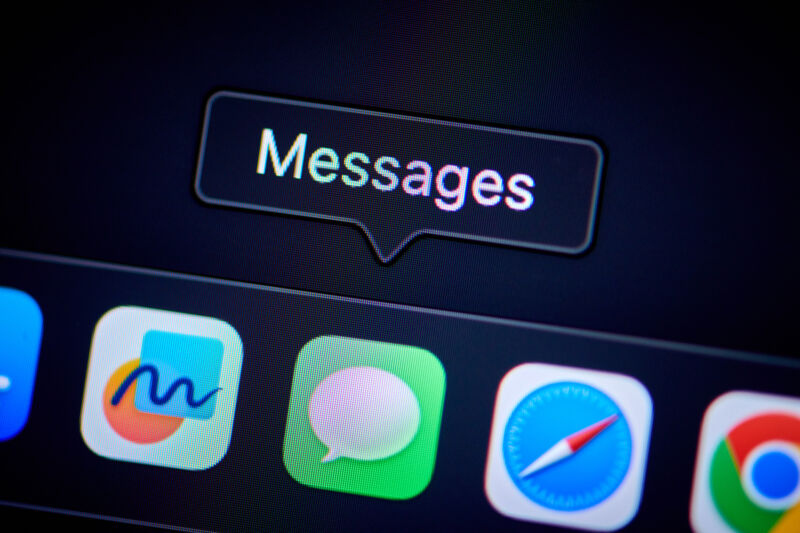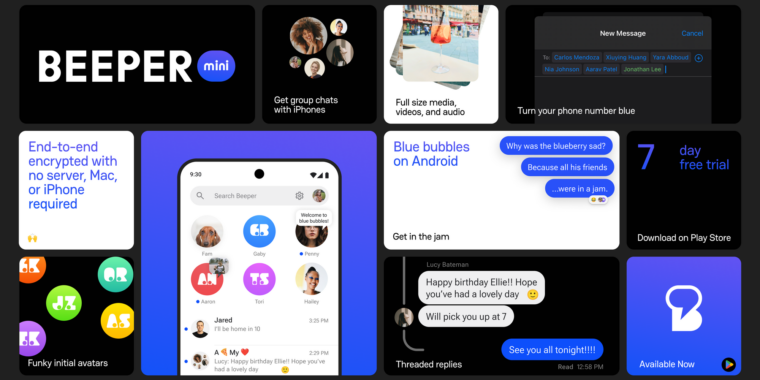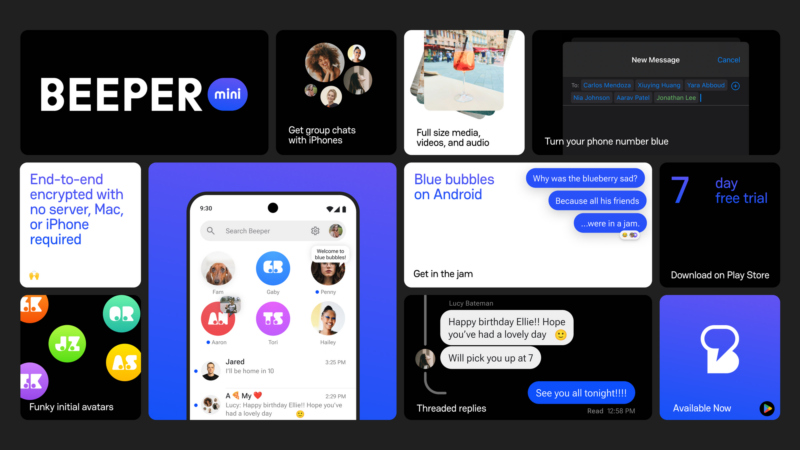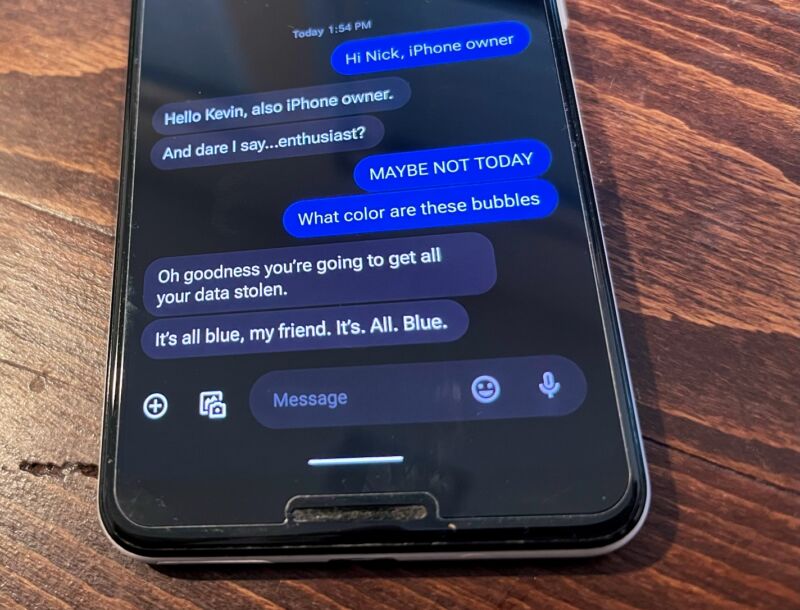That annoying SMS phish you just got may have come from a box like this
Scammers have been abusing unsecured cellular routers used in industrial settings to blast SMS-based phishing messages in campaigns that have been ongoing since 2023, researchers said.
The routers, manufactured by China-based Milesight IoT Co., Ltd., are rugged Internet of Things devices that use cellular networks to connect traffic lights, electric power meters, and other sorts of remote industrial devices to central hubs. They come equipped with SIM cards that work with 3G/4G/5G cellular networks and can be controlled by text message, Python scripts, and web interfaces.
An unsophisticated, yet effective, delivery vector
Security company Sekoia on Tuesday said that an analysis of “suspicious network traces” detected in its honeypots led to the discovery of a cellular router being abused to send SMS messages with phishing URLs. As company researchers investigated further, they identified more than 18,000 such routers accessible on the Internet, with at least 572 of them allowing free access to programming interfaces to anyone who took the time to look for them. The vast majority of the routers were running firmware versions that were more than three years out of date and had known vulnerabilities.
The researchers sent requests to the unauthenticated APIs that returned the contents of the routers’ SMS inboxes and outboxes. The contents revealed a series of campaigns dating back to October 2023 for “smishing”—a common term for SMS-based phishing. The fraudulent text messages were directed at phone numbers located in an array of countries, primarily Sweden, Belgium, and Italy. The messages instructed recipients to log in to various accounts, often related to government services, to verify the person’s identity. Links in the messages sent recipients to fraudulent websites that collected their credentials.
“In the case under analysis, the smishing campaigns appear to have been conducted through the exploitation of vulnerable cellular routers—a relatively unsophisticated, yet effective, delivery vector,” Sekoia researchers Jeremy Scion and Marc N. wrote. “These devices are particularly appealing to threat actors, as they enable decentralized SMS distribution across multiple countries, complicating both detection and takedown efforts.”
That annoying SMS phish you just got may have come from a box like this Read More »

